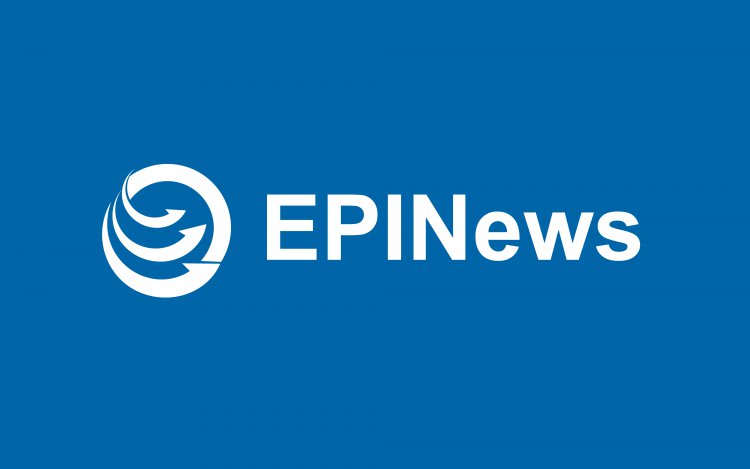
Truth-telling in health care is about providing patients with accurate information about their diagnoses and prognoses to enable them to make decisions that can benefit their overall health. Physicians worldwide, especially in the United Kingdom (U.K.) and the United States (U.S.), openly share such medical information. Bangladesh, however, is a Muslim-majority society with different social norms than Western societies. Therefore, we examined whether Muslim culture supports truth disclosure for patients, particularly how and to what extent medical information about life-threatening diseases is provided to patients in Bangladesh.
This was a phenomenological qualitative study. We conducted thirty in-depth interviews with clinicians, nurses, patients and their relatives at Shaheed Suhrawardy Medical College Hospital in Dhaka, Bangladesh. We also used observations to explore interactions between patients, families and healthcare professionals regarding their involvement in medical decisions and truth disclosure issues. NVivo software was used to identify common themes, and a thematic analysis method was utilised to analyse the datasets.